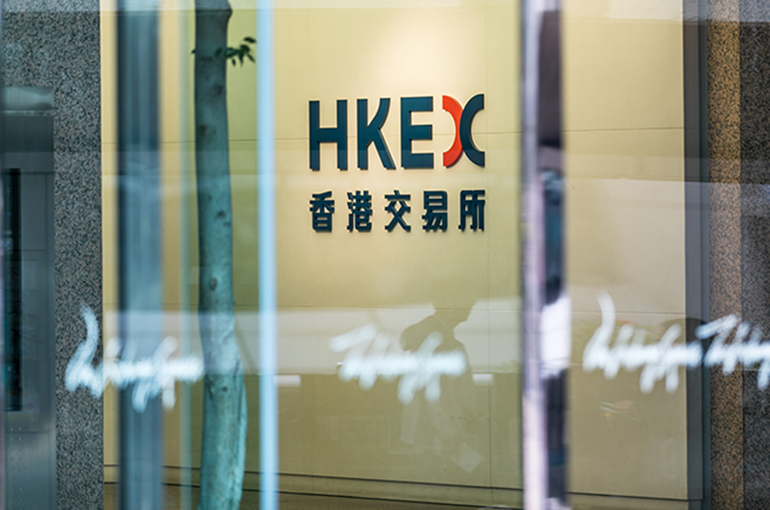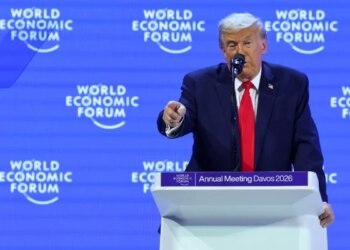Select Language:
Mainland Chinese insurance companies have significantly ramped up their involvement in Hong Kong Stock Exchange IPOs this year, increasing their participation threefold to combat low interest rates and limited investable assets. As of yesterday, these insurers have invested over HKD 3.4 billion (approximately USD 440 million) in Hong Kong IPOs, a sharp rise from under HKD 1 billion last year, based on data from Choice. They’ve taken on roles as cornerstone investors in at least seven IPOs this year, compared to just four throughout the entirety of the previous year.
When serving as cornerstone investors, mainland Chinese insurers primarily focus on companies in advanced technology sectors and innovative consumer products, such as electric vehicles, semiconductors, and energy storage solutions. The robust performance of the Hong Kong stock market this year, alongside most stocks’ rapid price increases post-listing, has driven insurers to be more active in IPO investments than in past years, according to securities analyst Sun Ting.
These factors, along with persistently low long-term interest rates and a scarcity of investable assets on the Chinese mainland, have made participating as cornerstone investors in Hong Kong IPOs an attractive strategy for mainland insurers seeking steady, long-term returns. However, investing in Hong Kong IPOs carries inherent risks. Industry insiders note that the outlook for companies in high-tech sectors remains highly uncertain, and insurers’ investment analysis systems often struggle to keep pace with rapid changes in corporate circumstances.
Additionally, cornerstone investors are typically subject to lock-up periods of around six months. If their invested stocks drop below the IPO price during this time, they could face losses and be unable to adjust their holdings. According to data from Choice, three of the seven Hong Kong-listed firms with mainland insurance companies as cornerstone investors this year have seen their stock prices fall below their initial IPO prices. Notably, shares of Hesai Group and Aux Electric, which went public in September, declined approximately 17% as of yesterday.






